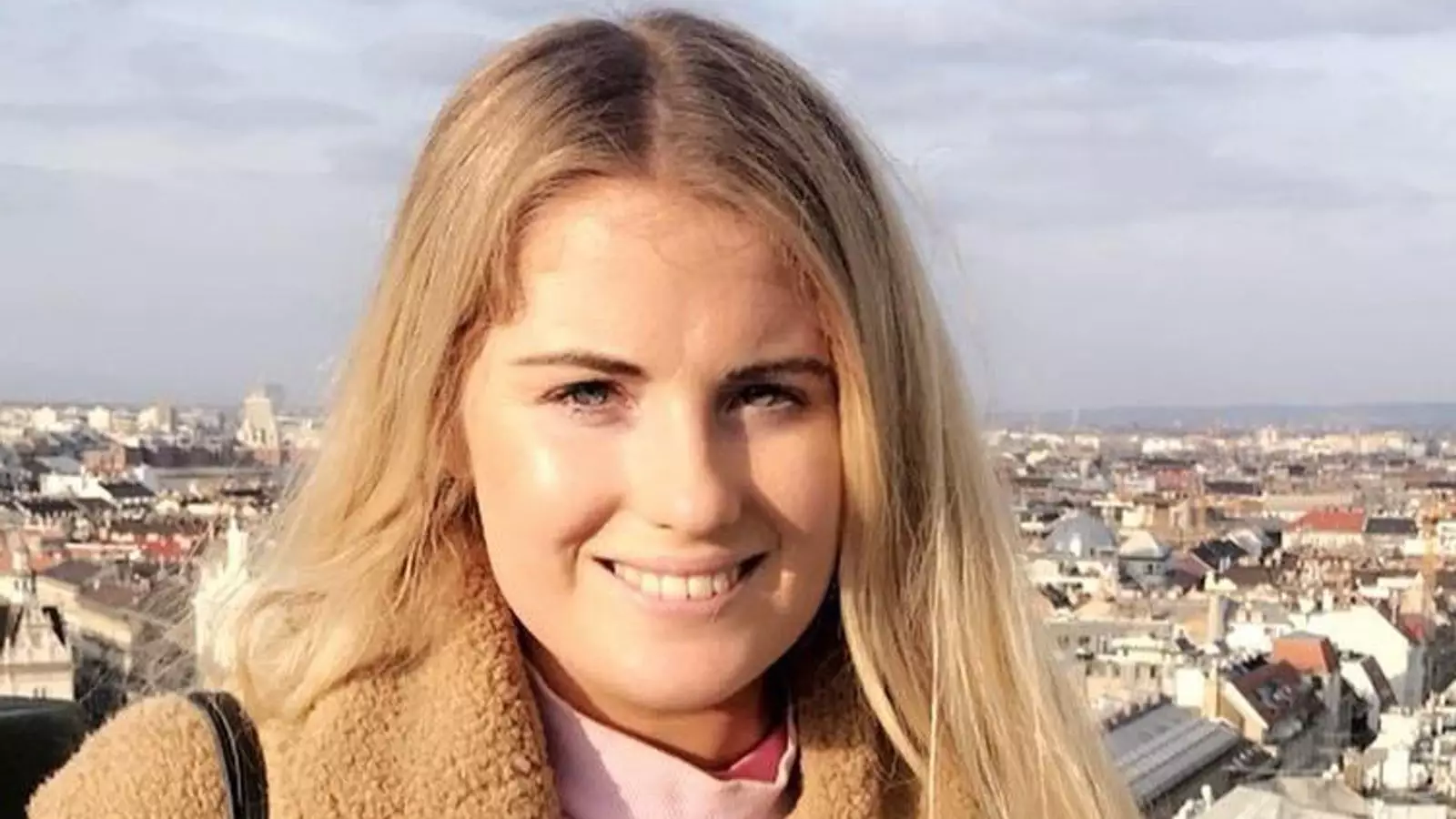The allure of travel often comes with unanticipated risks, particularly for those seeking adventure in lesser-known destinations. A recent tragic event in Vang Vieng, Laos, highlights the dangers that can accompany a seemingly innocuous night out. The unfortunate death of British tourist Simone White, coupled with the earlier fatalities of other international travelers, has brought to the forefront the critical issue of alcohol safety and the potential perils associated with methanol poisoning. This incident has struck a chord, raising alarm among travelers and igniting discussions on responsible drinking.
Simone White, a 28-year-old associate lawyer from Kent, and other foreign nationals reportedly fell ill after partaking in “free shots” of alcohol at a local bar known for its party atmosphere. White’s case represents one of several linked to mass methanol poisoning, which has led to multiple casualties, including an Australian, Bianca Jones, and two Danish women. Each of these individuals, seeking to enjoy their time in the popular backpacker hangout, unwittingly consumed drinks potentially laced with methanol, a harmful substance that can be lethal if ingested.
The situation escalated when White’s family received the devastating news of her demise after she had sought medical treatment for suspected methanol poisoning. Her case serves as a stark reminder of how a fun-filled vacation can quickly morph into a nightmare, emphasizing the vulnerabilities faced by tourists in unfamiliar environments.
Methanol, often referred to as wood alcohol, can result in severe health implications when consumed. It is sometimes utilized illicitly in the production of spirits due to its low cost. The health risks associated with methanol ingestion include headache, dizziness, nausea, and in severe cases, mortality due to organ failure or neurological damage. The exposure to such a dangerous substance in alcoholic beverages can occur when bar owners cut corners to maximize profits, thereby endangering their patrons.
As this incident unfolds, travel safety experts urge potential tourists to exercise caution, especially in regions where liquor quality may not be regulated. Warnings against consuming local spirits, particularly those offered as cheap shots or in non-reputable establishments, are becoming increasingly common.
The reaction from various governments illustrates the seriousness of these incidents. The UK’s Foreign, Commonwealth and Development Office (FCDO) acknowledged their support for the families affected and their efforts in coordinating with local authorities. Australian Prime Minister Anthony Albanese highlighted the tragedy in his address to parliament, expressing his sympathies to the families of those who have been harmed. His comments resonate with many who view the event as a parent’s worst nightmare.
Family members of the victims, grappling with their loss, have also voiced their heartaches. Bianca Jones’s family, in a heartfelt tribute, remember her vibrant spirit and the love surrounding her. Such sentiments reflect the profound impact these young lives had, not only on their loved ones but also on the broader community.
This tragic series of events prompts urgent discussions on travel safety. Tour operators, bar owners, and local governments must collectively ensure that alcohol sold to tourists meets safety standards to prevent further tragedies. Educating travelers about potential hazards in their destination can also empower them to make safer choices.
Furthermore, responsible drinking etiquette should be promoted, particularly among young backpackers who may feel invincible or take unnecessary risks. Establishing stricter regulations on the sale and distribution of alcohol, as well as better informing tourists about the dangers of consuming unregulated spirits, could help mitigate the risks.
The tragic deaths of Simone White and others in Vang Vieng serve as a critical reminder of the dark undercurrents that can exist in seemingly carefree environments. As the travel community grieves these losses, there is a collective hope that future tourists can partake in enjoyments without foregoing their safety. Awareness, vigilance, and community responsibility remain imperative in ensuring that travel experiences do not turn into tragic tales of unfulfilled promise.


Leave a Reply